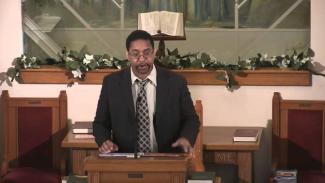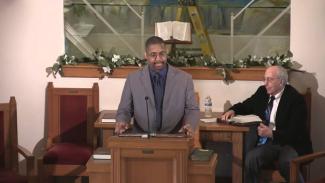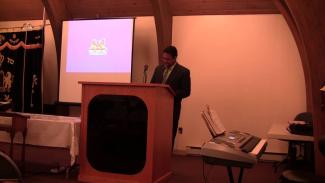Pastor Mirra continues with part 2 of "When I Feel Like God Has Abandoned Me". In the conclusion of the story of Joseph, God comes through for Joseph in an amazing and unforseen way. Many reach points in their lives in which they feel abandoned and forgotten. Joseph had reach a point in his life in which he had every reason to feel abandoned and forgotten. Yet, Joseph held on to his faith and trusted God. God was working behind the scenes in Joseph's situation, the way He may be working on your situation. Find out how in this week's episode.












